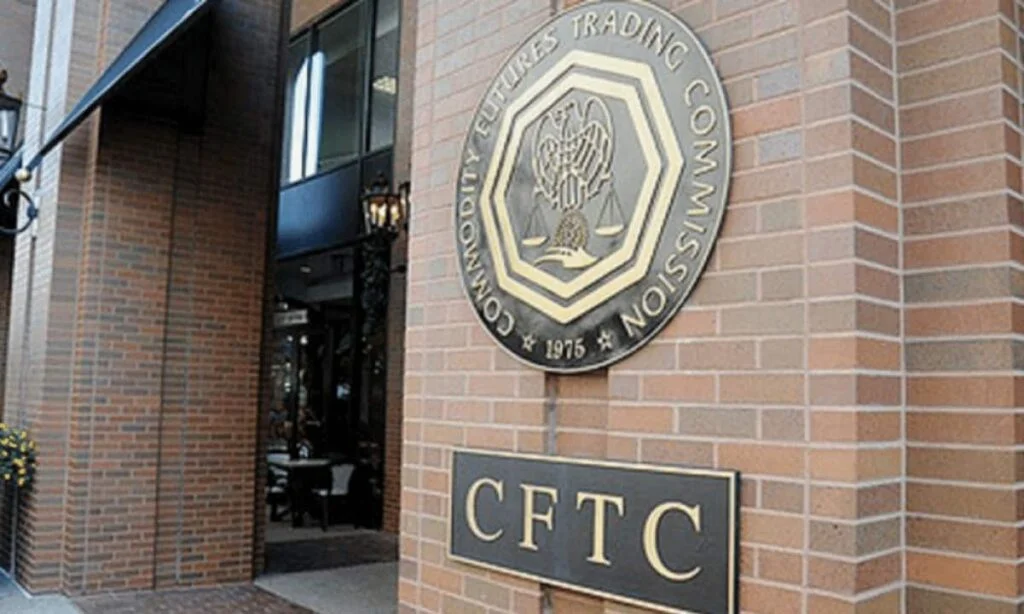The SEC and CFTC cited development in the hedge fund business as the rationale for the proposed adjustment.

Large advisers to certain hedge funds would be required to disclose any exposure to digital assets, according to a proposal from the Commodity Futures Trading Commission and the Securities and Exchange Commission of the United States.
The SEC and CFTC recommended changing its confidential reporting form for particular investment advisers to private funds of at least $500 million in a notification on Wednesday. Qualifying hedge funds would have to record their exposure to cryptocurrencies under a different heading than “cash and cash equivalents” in order to “report digital asset strategies appropriately,” according to the Form PR.
The two U.S. financial regulators attributed the proposed modification, which is partly a result of the rise in digital asset investments since the introduction of Form PR in 2008, to the development of the hedge fund market. The Financial Stability Oversight Council would be better able to evaluate potential threats to the U.S. economy, according to the SEC and CFTC, if investment advisers provided more thorough information on their strategies and exposure to particular assets.
“In the decade since the SEC and CFTC jointly adopted Form PF, regulators have gained vital insight with respect to private funds,” said SEC chair Gary Gensler. “Since then, though, the private fund industry has grown in gross asset value by nearly 150 percent and evolved in terms of its business practices, complexity […] If adopted, [this proposal] would improve the quality of the information we receive from all Form PF filers, with a particular focus on large hedge fund advisers.”
According to a data sheet on the idea that was made public on Wednesday, the number of private funds increased by about 55% between 2008 and the third quarter of 2021. IBISWorld, a market research company, estimates that 3,841 hedge funds will be based in the United States by 2022.
Approximately one-third of traditional hedge funds examined by PricewaterhouseCoopers had cryptocurrency holdings as of June. But more than half had less than 1% of their total assets under management allocated to exposure to digital assets. Respondents identified “regulatory and tax uncertainty” as the biggest deterrent to investing in cryptocurrencies, according to the company.
